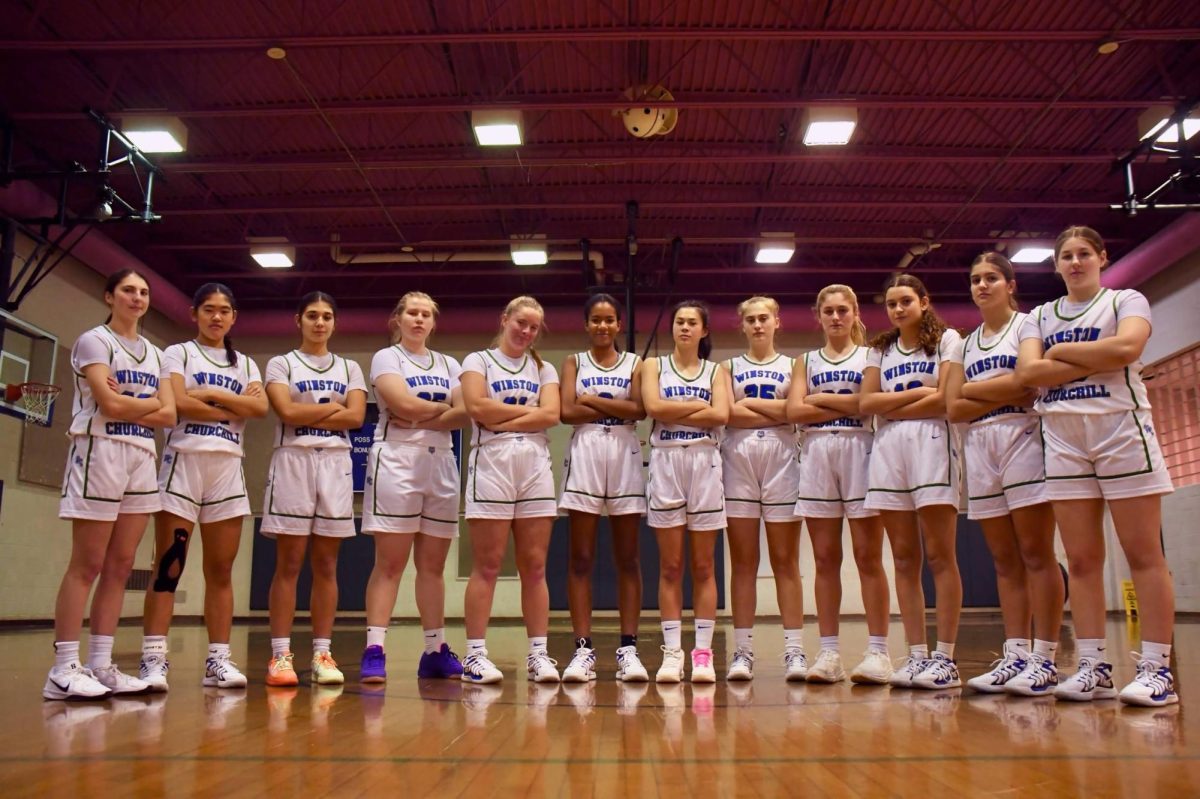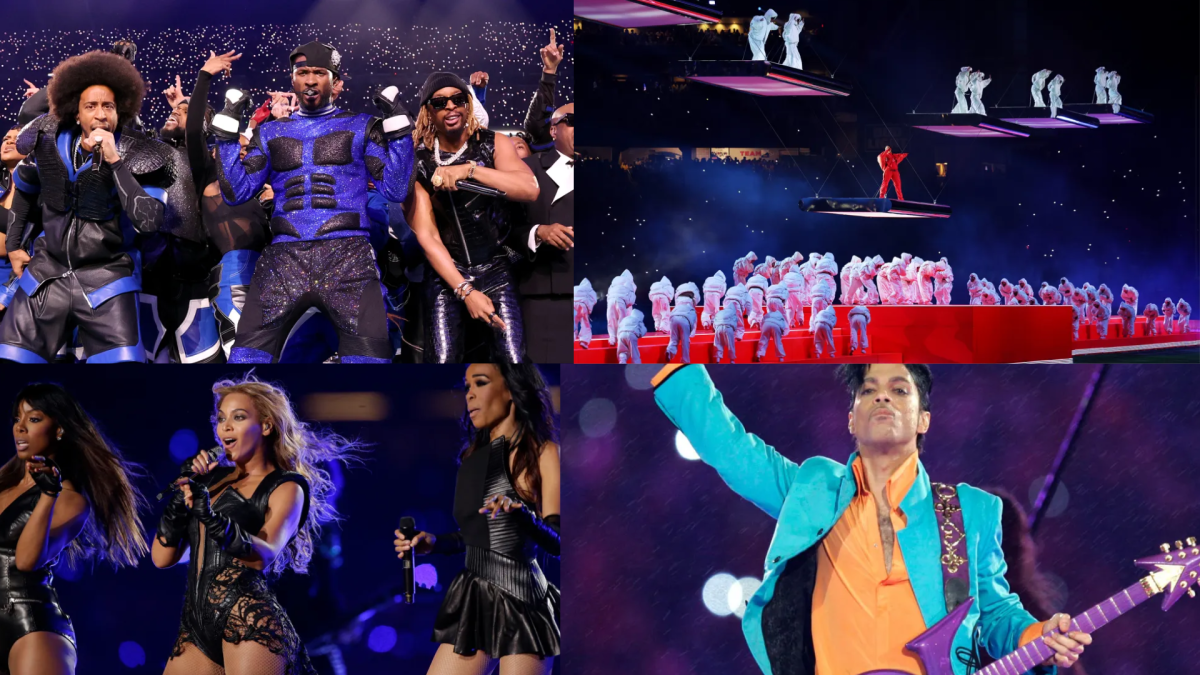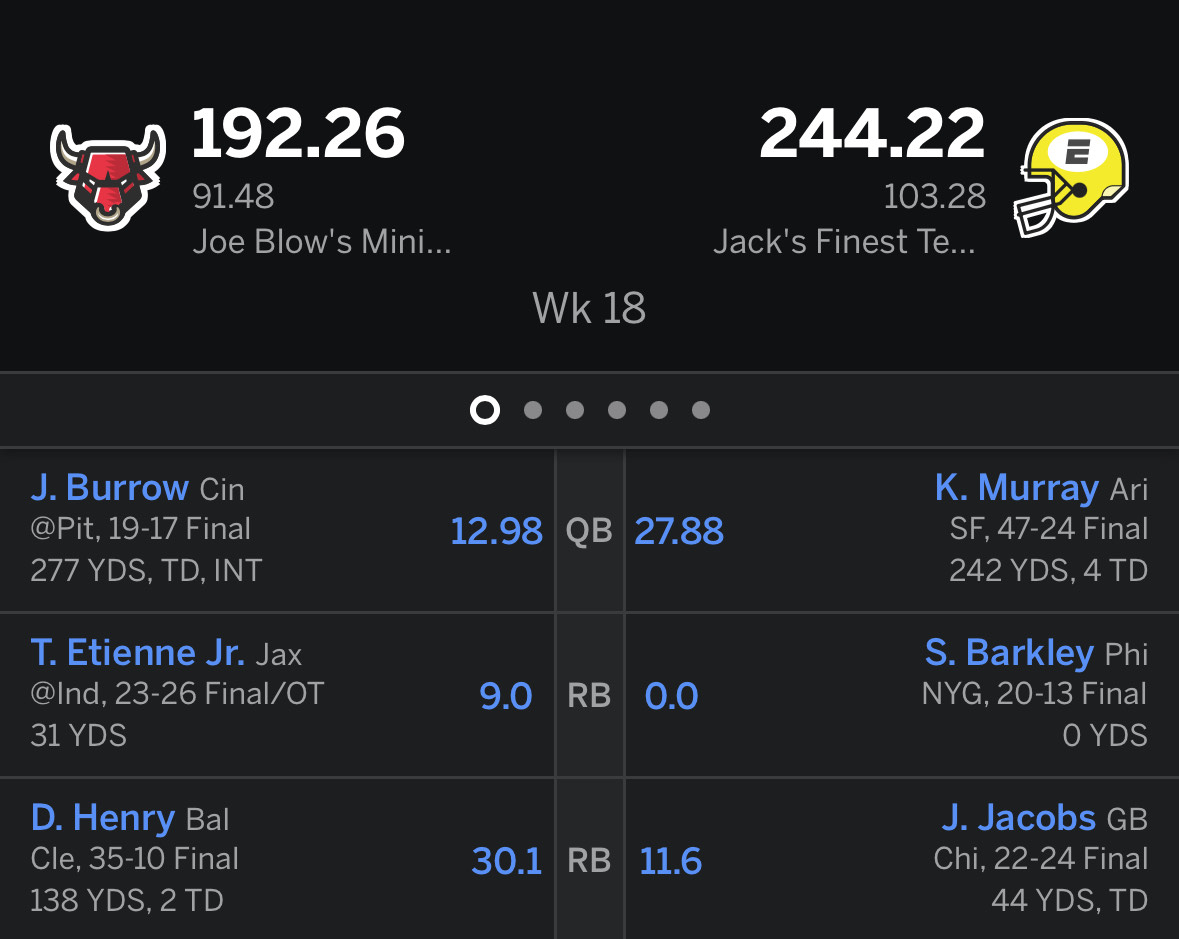Eight months ago, LeBron James left lowly Cleveland for Miami. Four weeks ago, Carmelo Anthony was traded from Denver to New York, which prompted Deron Williams to be traded from Utah to New Jersey the next day.
After the movement of just three elite players, the basketball world is in a panic that all small-market players are leaving for larger-market teams and ruining the game.
Wrong.
The trend is nothing new to the NBA. The better players have always migrated to the larger markets. In 1996, Shaquille O’Neal left Orlando to play in Los Angeles. Nine years prior, Scottie Pippen forced a trade that sent him from Seattle to Chicago. Twelve years before that, the NBA’s all-time leading scorer, Kareem Abdul-Jabar fled Milwaukee to play in LA.
Players have always been able to dictate where they play—the only difference now is the media coverage. James’ decision lost legitimacy when he announced it by hosting a television special entitled The Decision. James flaunted his decision to leave in a way no previous athlete has.
It was not long after James’ decision that rumors began popping up about Anthony. Anthony’s trade had been speculated upon for months with the help of 24/7 sports coverage, making the story feel significantly larger than it actually was.
There is, however, a formula for a small-market team to keep the big-name players: to build a winning team around them. James left a Cavaliers team that broke the record for longest losing streak in the history of the NBA. Since Williams left, the Jazz have also struggled. It was not so much the city that drove the players away as much as it was the team they had to play for.
Tim Duncan was drafted with the top pick in 1997 by San Antonio, one of the smallest markets in the league, and has played there happily for 13 years. Why? Not because of the money or the glamour, but because they have won four titles in nine years.
While James hogged the spotlight over the summer, the NBA’s 2009-2010 scoring leader Kevin Durant signed a five-year extension with Oklahoma City, the league’s smallest market. Because they have a solid foundation of young talent that looks to develop into a powerhouse over the next decade, Durant saw staying with the Thunder as an opportunity.
The newly formed “super teams,” such as New York, LA and Miami, have done wonders for the ratings this year. According to TVbythenumbers.com, the matchup between Miami and Los Angeles on Christmas day this year posted a national rating of 6.4, a 45 percent increase over last year’s marquee holiday matchup of Cleveland and LA that, only drew a 4.4 rating.
It’s not just the Heat that have had ratings boosted by movement of players. According to a Dec. 22, 2010 article published on NBA.Com, ratings across the league rose 23 percent over the past few years. In key cities, they have increased even more. New York had a 36 percent boost, Boston saw a 56 percent increase, and LA experienced a 58 percent boost.
In a league that has struggled over recent years, any actions that can be taken to try and improve business and keep the league from having a lockout during the 2011-2012 season should be taken.
Besides, with all this talent congregating on a few select teams, shouldn’t these playoffs provide enough excitement for every fan to want to watch?







